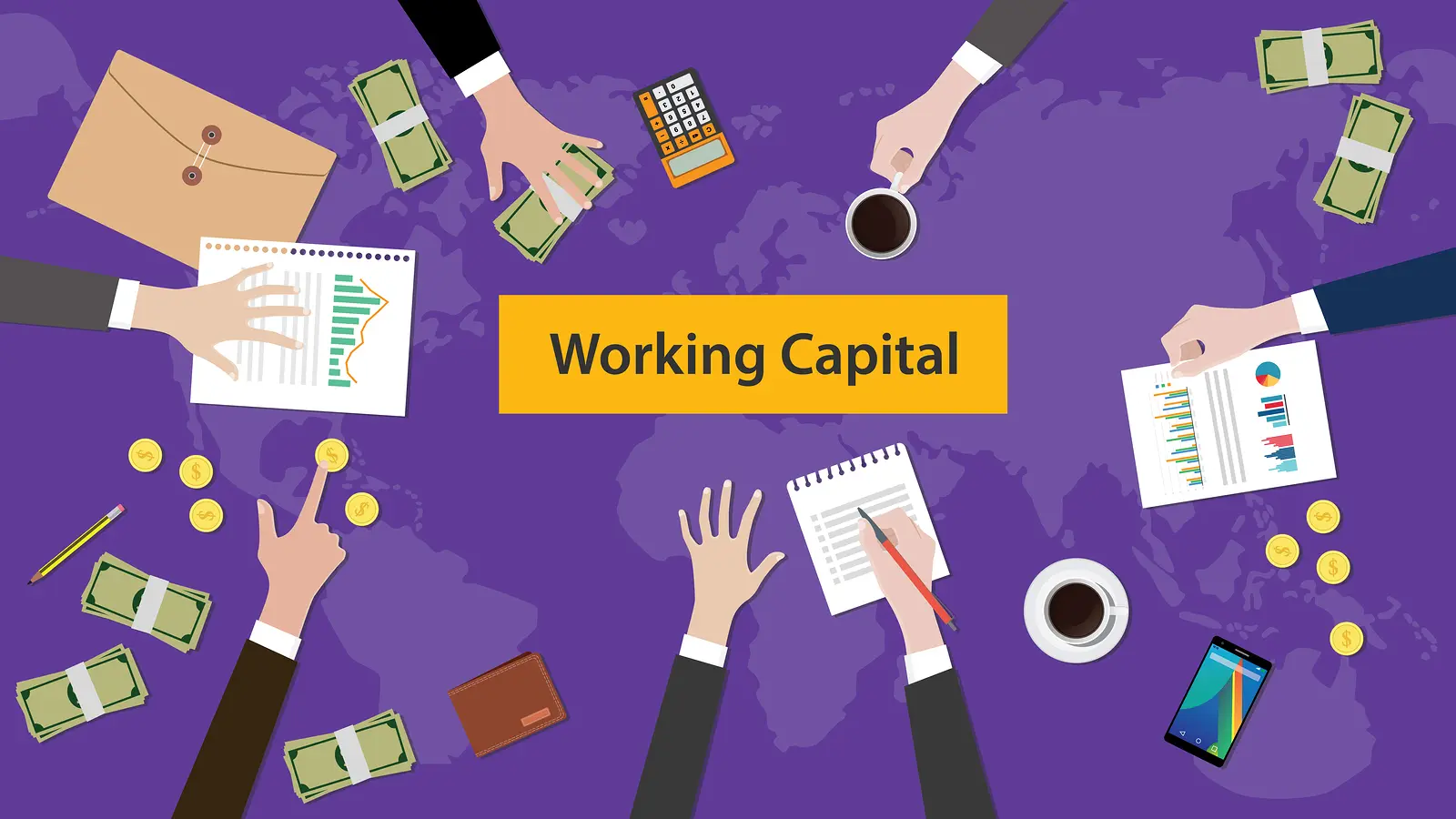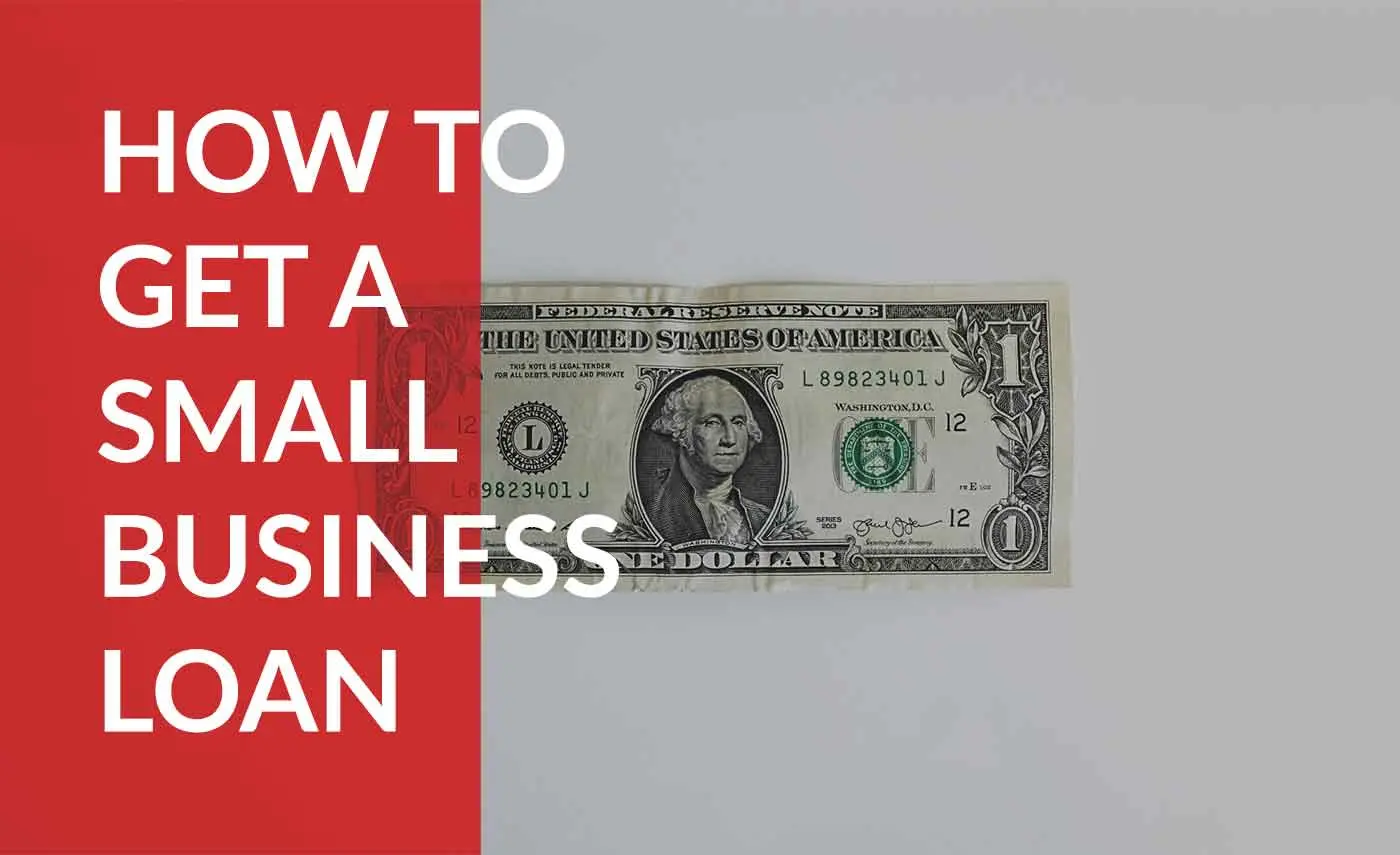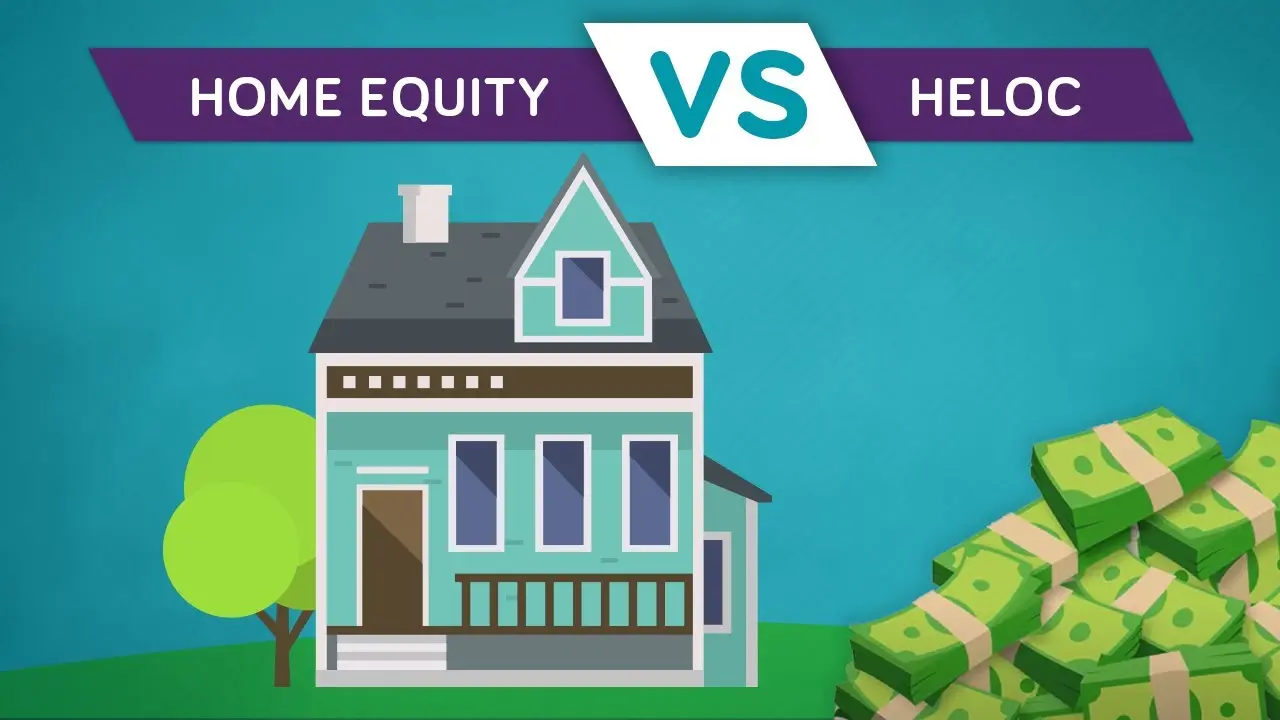
Private Student Loans: Financing Your Education But With a Price Tag
- Borrowed from private lenders: Unlike federal student loans, private loans come from banks, credit unions, or other lending institutions.
- Higher interest rates: Generally have higher interest rates than federal loans, and these rates can be fixed or variable.
- Fewer borrower protections: You may not qualify for income-driven repayment plans or loan forgiveness programs available with federal loans.
- Stricter eligibility requirements: Qualifying for a private loan often hinges on your creditworthiness or having a co-signer with good credit.
Consolidation: Streamlining Your Repayments
- Combining multiple loans: Consolidation allows you to merge several federal or private loans into a single loan with one monthly payment and interest rate.
- Potential benefits: Can simplify repayment by managing one bill and potentially lowering your overall interest rate (if you qualify for a lower rate).
- Not always advantageous: Consolidating federal loans may make you ineligible for income-driven repayment plans and loan forgiveness programs. Private consolidation loans typically don't offer these benefits either.
When Does Private Loan Consolidation Make Sense?
- You have multiple private student loans: Consolidation can simplify managing multiple private loans with different due dates and interest rates.
- You qualify for a lower interest rate: If you have good credit and can secure a lower interest rate through consolidation, it can save you money in the long run.
Important Considerations Before Consolidating Private Loans:
- Loss of federal loan benefits: Once you consolidate federal loans into a private loan, you lose access to federal repayment plans and forgiveness programs.
- Limited opportunities for future refinancing: Consolidating private loans often limits your ability to refinance them in the future if interest rates drop.
The Takeaway: Choosing the Right Path
Private student loans can be a way to bridge the gap in financing your education, but they come with higher interest rates and fewer borrower protections than federal loans. Consolidation can simplify repayment, but carefully consider if the potential benefits outweigh the loss of federal loan advantages.
Here are some additional tips:
- Exhaust federal loan options first: Federal loans generally offer lower interest rates and better repayment flexibility than private loans.
- Shop around for private lenders: Compare interest rates and terms from multiple lenders before taking out a private loan.
- Explore income-driven repayment plans: If you're struggling with federal student loan repayments, consider income-driven plans before consolidating.
- Seek professional advice: A financial advisor or loan servicer can help you navigate your options and make informed decisions about your student loans.
By understanding private student loans and consolidation, you can make informed choices about financing your education and managing your student loan debt.









